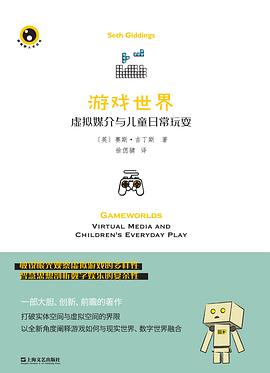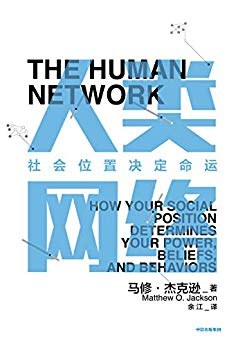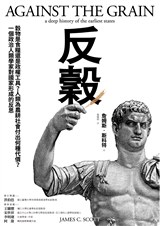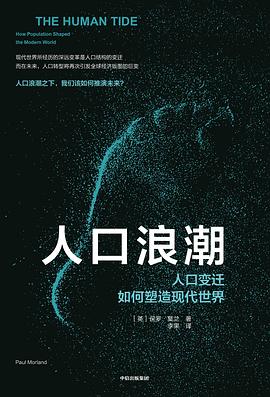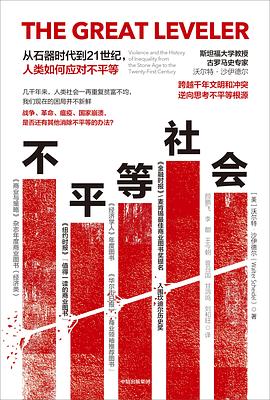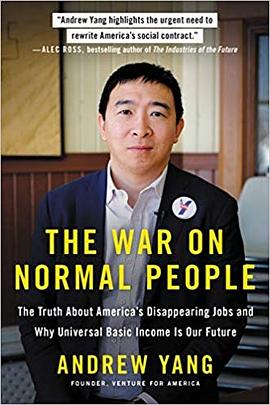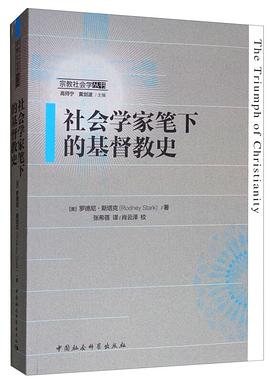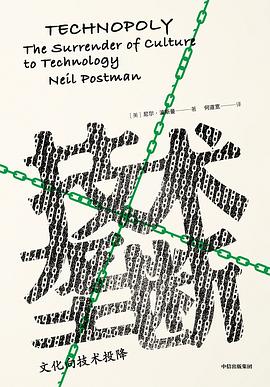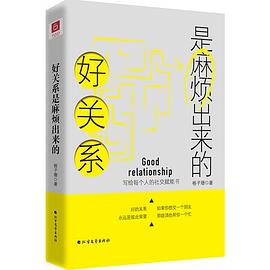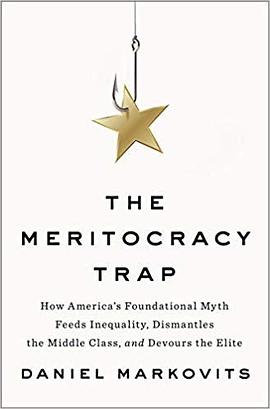

具体描述
A revolutionary new argument from eminent Yale Law professor Daniel Markovits attacking the false promise of meritocracy It is an axiom of American life that advantage should be earned through ability and effort. Even as the country divides itself at every turn, the meritocratic ideal - that social and economic rewards should follow achievement rather than breeding - reigns supreme. Both Democrats and Republicans insistently repeat meritocratic notions. Meritocracy cuts to the heart of who we are. It sustains the American dream. But what if, both up and down the social ladder, meritocracy is a sham? Today, meritocracy has become exactly what it was conceived to resist: a mechanism for the concentration and dynastic transmission of wealth and privilege across generations. Upward mobility has become a fantasy, and the embattled middle classes are now more likely to sink into the working poor than to rise into the professional elite. At the same time, meritocracy now ensnares even those who manage to claw their way to the top, requiring rich adults to work with crushing intensity, exploiting their expensive educations in order to extract a return. All this is not the result of deviations or retreats from meritocracy but rather stems directly from meritocracy's successes. This is the radical argument that Daniel Markovits prosecutes with rare force. Markovits is well placed to expose the sham of meritocracy. Having spent his life at elite universities, he knows from the inside the corrosive system we are trapped within. Markovits also knows that, if we understand that meritocratic inequality produces near-universal harm, we can cure it. When The Meritocracy Trap reveals the inner workings of the meritocratic machine, it also illuminates the first steps outward, towards a new world that might once again afford dignity and prosperity to the American people.
作者简介
Daniel Markovits is Guido Calabresi Professor of Law at Yale Law School and founding director of the Center for the Study of Private Law.
目录信息
读后感
@yiqin_fu 这几天,很多经济学教授在讨论他们读博的时候如何应对课业繁重的第一年。有一位哈佛大学教授说,如果你不想第一年每周学习 80 小时的话,可以在入学前上一遍博士难度的数学、经济课程,这样进入博士项目以后只要复习就行了。他还说很多他最好的学生都是这么做的。 另...
评分@yiqin_fu 这几天,很多经济学教授在讨论他们读博的时候如何应对课业繁重的第一年。有一位哈佛大学教授说,如果你不想第一年每周学习 80 小时的话,可以在入学前上一遍博士难度的数学、经济课程,这样进入博士项目以后只要复习就行了。他还说很多他最好的学生都是这么做的。 另...
评分@yiqin_fu 这几天,很多经济学教授在讨论他们读博的时候如何应对课业繁重的第一年。有一位哈佛大学教授说,如果你不想第一年每周学习 80 小时的话,可以在入学前上一遍博士难度的数学、经济课程,这样进入博士项目以后只要复习就行了。他还说很多他最好的学生都是这么做的。 另...
评分@yiqin_fu 这几天,很多经济学教授在讨论他们读博的时候如何应对课业繁重的第一年。有一位哈佛大学教授说,如果你不想第一年每周学习 80 小时的话,可以在入学前上一遍博士难度的数学、经济课程,这样进入博士项目以后只要复习就行了。他还说很多他最好的学生都是这么做的。 另...
评分@yiqin_fu 这几天,很多经济学教授在讨论他们读博的时候如何应对课业繁重的第一年。有一位哈佛大学教授说,如果你不想第一年每周学习 80 小时的话,可以在入学前上一遍博士难度的数学、经济课程,这样进入博士项目以后只要复习就行了。他还说很多他最好的学生都是这么做的。 另...
用户评价
最终指向一个很本原的问题。
评分读书笔记读书。精英和中产都各自存在于自己的死循环中,精英已是他们的灵魂,他们不会意识到自己哪里可能有问题;中产已是他们终其一生都难摆脱的阶级。这个的区别往小了说就很像十年前去美国留学和现在去美国留学同样的水平不同的学校的问题。谁错了呢,贫富差距越来越大是谁错了呢,其实书里面说这是一个问题,但是却无法说服我,世界本就是如此循环的罢了,世界需要他们这样为了金钱地位奋斗的人,就像我觉得我们专业的同学天天拼命学习一样,世界需要他们这样的人去当科学家,贫富差距并不是一个big question,so认清自己的优劣势,少做让自己后悔的事,不会被冷死饿死that‘s all for me,所以我也不会产生歧视或是怎么样。所以解决这个事件的方法最好方式是直面自我?不过这本书阐述这个事件还是值得看的。
评分Markovits发现meritocratic system (在他的语境里特指美国社会)中的一个现象是elite都去做了对社会无价值甚至是产生负价值的工作,代表性案例即是financial services.
评分批评的就是这种自以为“唯才是举”其实根本无视背后更深层不公平因素的评价体系。
评分Markovits发现meritocratic system (在他的语境里特指美国社会)中的一个现象是elite都去做了对社会无价值甚至是产生负价值的工作,代表性案例即是financial services.
相关图书
本站所有内容均为互联网搜索引擎提供的公开搜索信息,本站不存储任何数据与内容,任何内容与数据均与本站无关,如有需要请联系相关搜索引擎包括但不限于百度,google,bing,sogou 等
© 2025 book.quotespace.org All Rights Reserved. 小美书屋 版权所有



